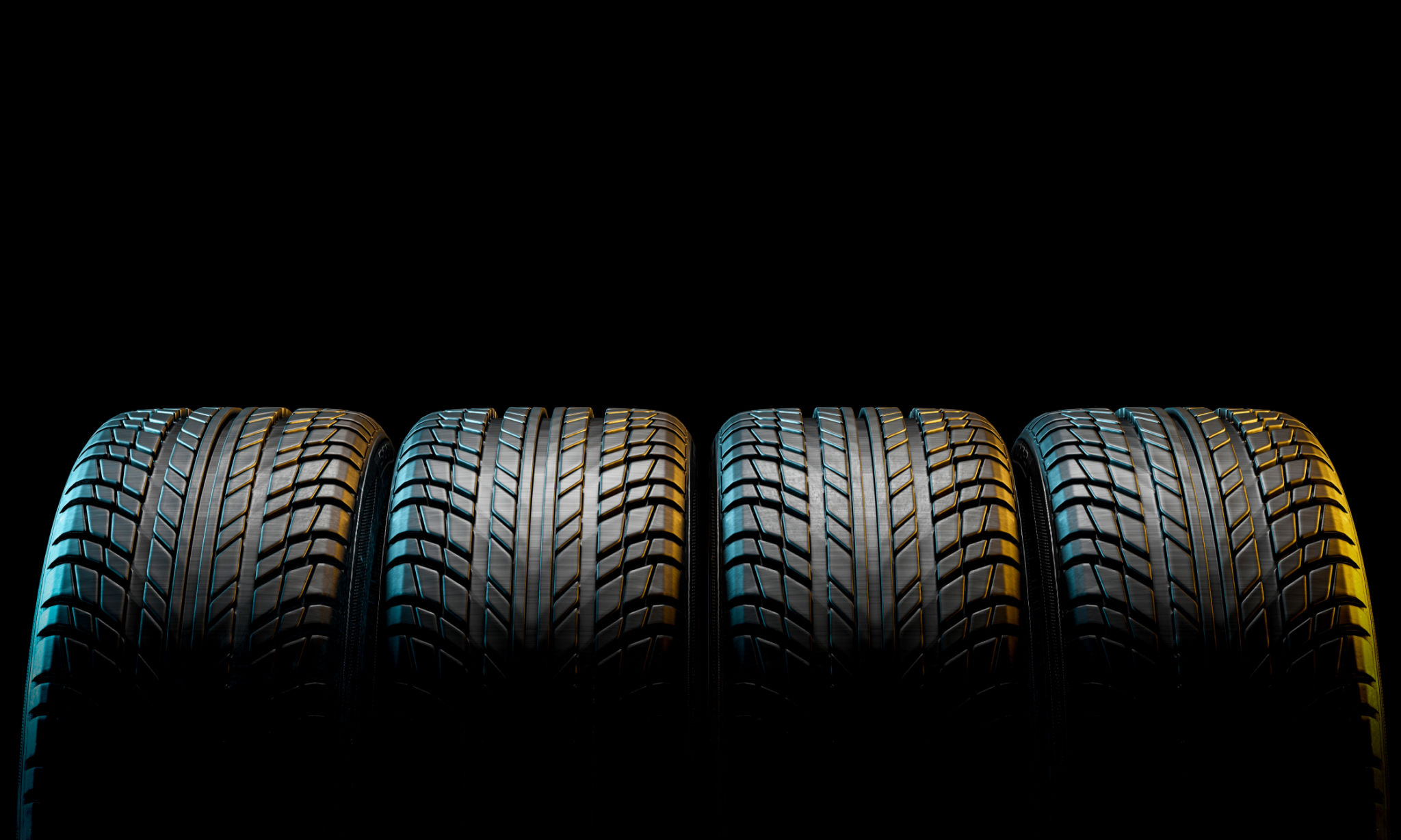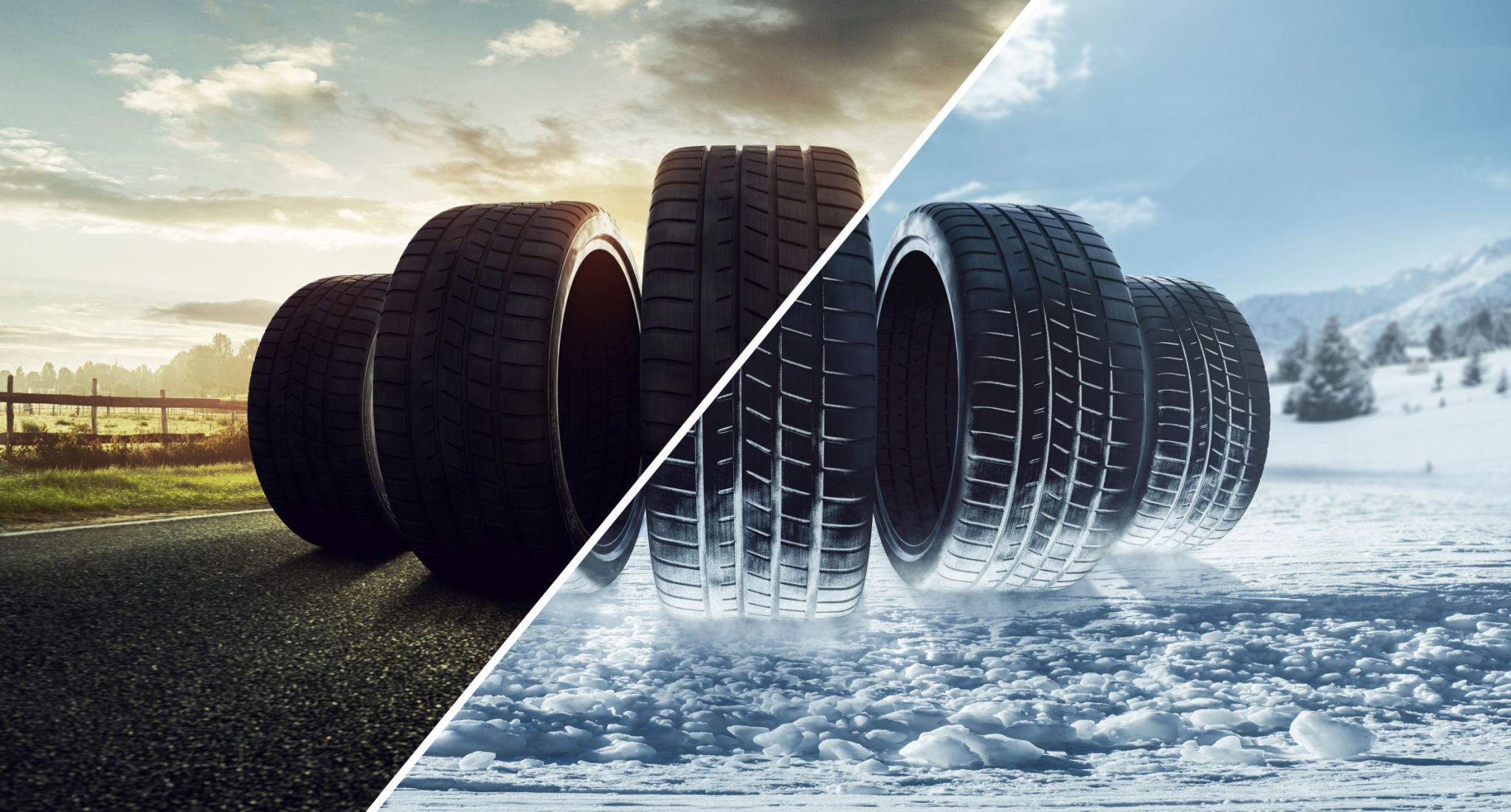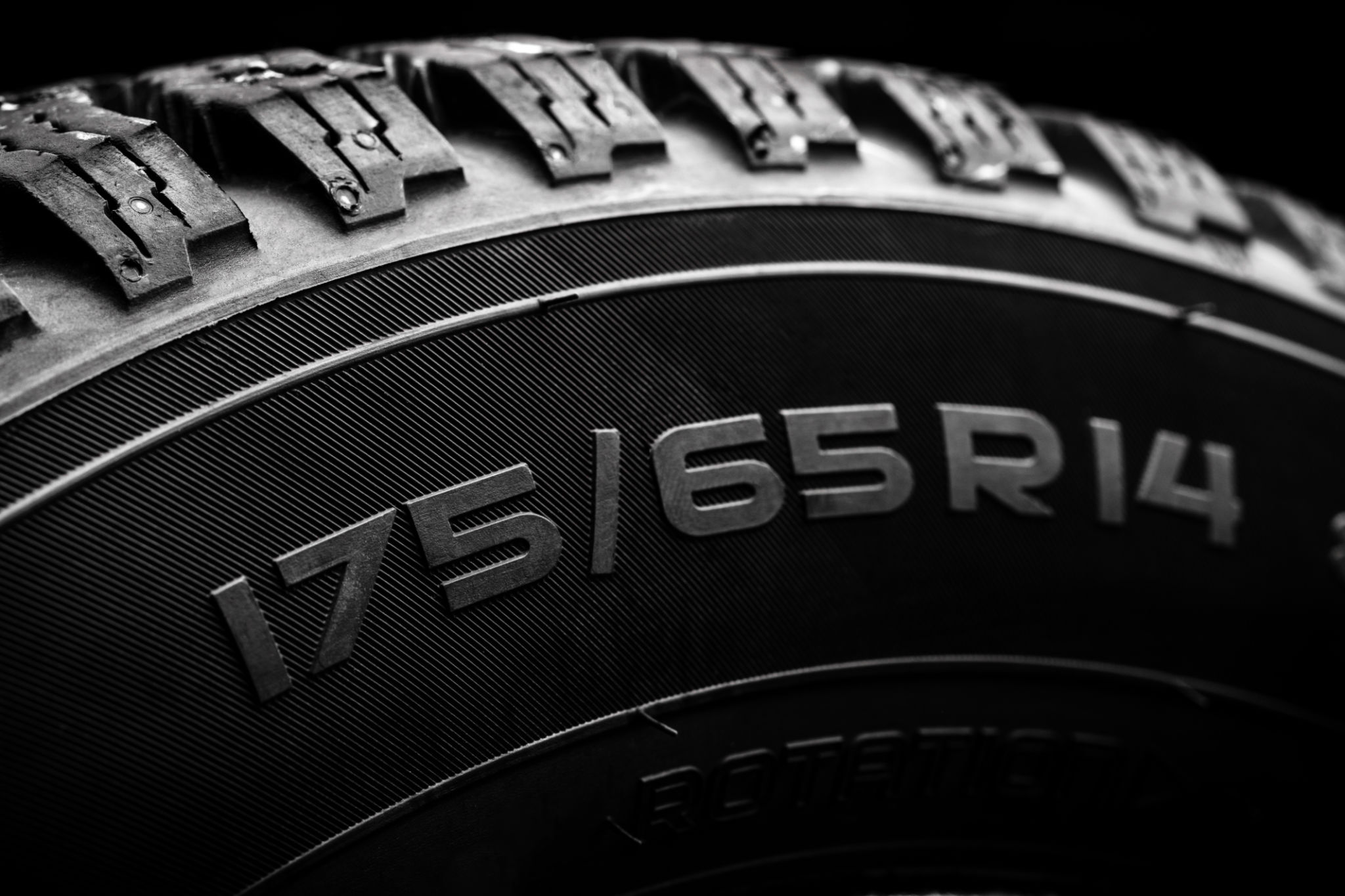Top 5 Common Wheel and Tire Myths Debunked
Understanding Wheel and Tire Myths
When it comes to wheels and tires, there's a wealth of information out there—some of it accurate, and some of it not so much. With the internet as a primary source, it's easy to stumble upon misconceptions. Today, we'll debunk five of the most common myths surrounding wheels and tires, so you can make informed decisions and keep your vehicle in top shape.

Myth 1: Wider Tires Offer Better Grip
One of the most prevalent myths is that wider tires always provide better grip. While it's true that wider tires have a larger contact patch with the road, they don't necessarily offer more grip in every situation. The type of tire compound and tread pattern play significant roles in grip performance. In wet or snowy conditions, for instance, a narrower tire might actually perform better by cutting through water or snow more efficiently.
Myth 2: All-Season Tires Are Suitable for All Weather Conditions
Many drivers believe that all-season tires are perfect for every weather condition. However, this can be misleading. All-season tires are designed to provide a balance of performance in various conditions but may not excel in extreme weather. For areas that experience harsh winters, switching to dedicated winter tires can significantly enhance safety and performance on icy or snowy roads.

Myth 3: Lower Tire Pressure Improves Traction
Some drivers intentionally lower their tire pressure, thinking it will improve traction. While slightly lower tire pressure can increase the contact area, it compromises handling and fuel efficiency. Under-inflated tires can wear out unevenly and increase the risk of blowouts. Always adhere to the manufacturer's recommended tire pressure for optimal performance and safety.
Myth 4: All Tires Are the Same
It's a common misconception that all tires are created equal. The truth is, tires vary significantly in terms of quality, design, and purpose. Performance tires are optimized for speed and handling, while touring tires focus on comfort and longevity. It's crucial to choose tires that match your driving style and conditions to ensure the best performance and safety.

Myth 5: Tires Don't Have an Expiration Date
Many people are unaware that tires have a shelf life. Over time, the rubber compounds in tires degrade, even if they've never been used. Most manufacturers recommend replacing tires every six to ten years, regardless of tread wear. Checking the tire's production date code can help you determine their age and decide when it's time for a replacement.
In conclusion, understanding these common myths can help you make better decisions about your vehicle's wheels and tires. By doing so, you'll ensure not only optimal performance but also enhanced safety on the road.